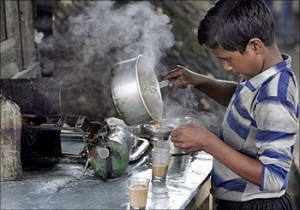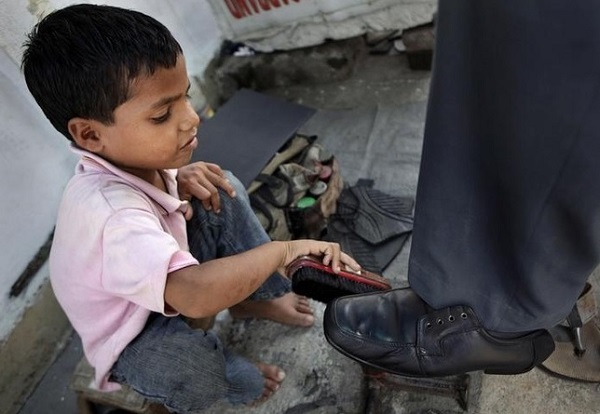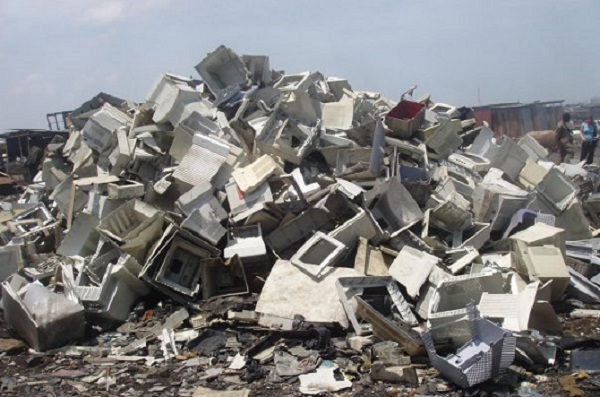It seems like an easy fix to rescue children from their workplaces. But who will put food on their plates?
 by Jatin Sharma | @jatiin_sharma on Twitter
by Jatin Sharma | @jatiin_sharma on Twitter
The sheer size of this country never ceases to amaze me. No, I am more amazed at how ignorant we all are.
Call it a problem of numbers. After all, there are too many people to take note of, right? explains how we realise about one Indian among so many others only when that Indian’s face is splashed all over the news. Ask Kailash Satyarthi or anyone. I mean, the guy was doing his good work against child labour way before the Nobel Prize came knocking at his door, but had any of us heard of him? Nope. Now, of course, we’re so proud of him, we’re going on Liking and Sharing any and every news story that details his achievements.
Naturally, we’re now talking about child labour like never before. Suddenly, the little boy who brings us our post-lunch cup of tea grabs our attention. The little girl selling hair clips and other odds and ends on a Mumbai local becomes the cynosure of all eyes. The five-year-old leading his three-year-old sibling across the road in his torn rag of a shirt arouses sympathy from us. We stop to stare in sympathy at the little shoeshine boy on the footpath. ‘What will their future be?’ we ask ourselves before we get on with our lives. Some of us go a step further and rain abuses on the restaurant owner that hires children to wipe the tables or get glasses of water for customers.
But will merely rescuing children from their workplace solve a problem as big and as grave as child labour? Child labour doesn’t begin because people  want young children to work – though there are cads who hire children especially for their young age, in firecracker factories and sweatshops. Mostly, child labour is born when families have too many mouths to feed and too few hands to bring money home.
want young children to work – though there are cads who hire children especially for their young age, in firecracker factories and sweatshops. Mostly, child labour is born when families have too many mouths to feed and too few hands to bring money home.
So while we’re busy taking selfies and tagging each other for ridiculous challenges, there are children watching us from afar, wondering if there will be food in their bellies that night.
We are only scraping the surface of the child labour menace in our country. Sure, it’s easy to get up and yell at the chaiwala who hires a chhotu to clean the glasses. We fail to understand the puzzled look in chhotu‘s eyes, who is probably thinking, “What’s his problem? Why is he making sahab fire me?”
So no matter how far our GDP grows or how many more people in the country learn to speak the English language, the fact remains that we are a country focussing on the lives of a privileged few while ignoring the cries of the distressed majority. When we bring economic reform, it cannot only be about bringing more money for businesses, but about putting some money in the pockets of the poor. It pains us when railway ticket prices are raised dramatically after 20 years, but when was the last time we stopped to think the effects of rising inflation on the homes of the poor?
I’m sure there’s no easy solution to the problem, but I believe the solution isn’t so difficult to come to terms with. Instead of stopping children from earning, we need a framework that invests in skill building and skills management, so that the chhotu cleaning glasses at a chaiwala‘s today can tomorrow get the chance to make something of himself.
Jatin Sharma is a media professional who doesn’t want to grow up, because if he grows up, he will be like everybody else. ‘Overdose’ is Jatin’s take on Mumbai’s quirks and quibbles.
(Pictures courtesy business.rediff.com, mief.in. Images are used for representational purpose only)





